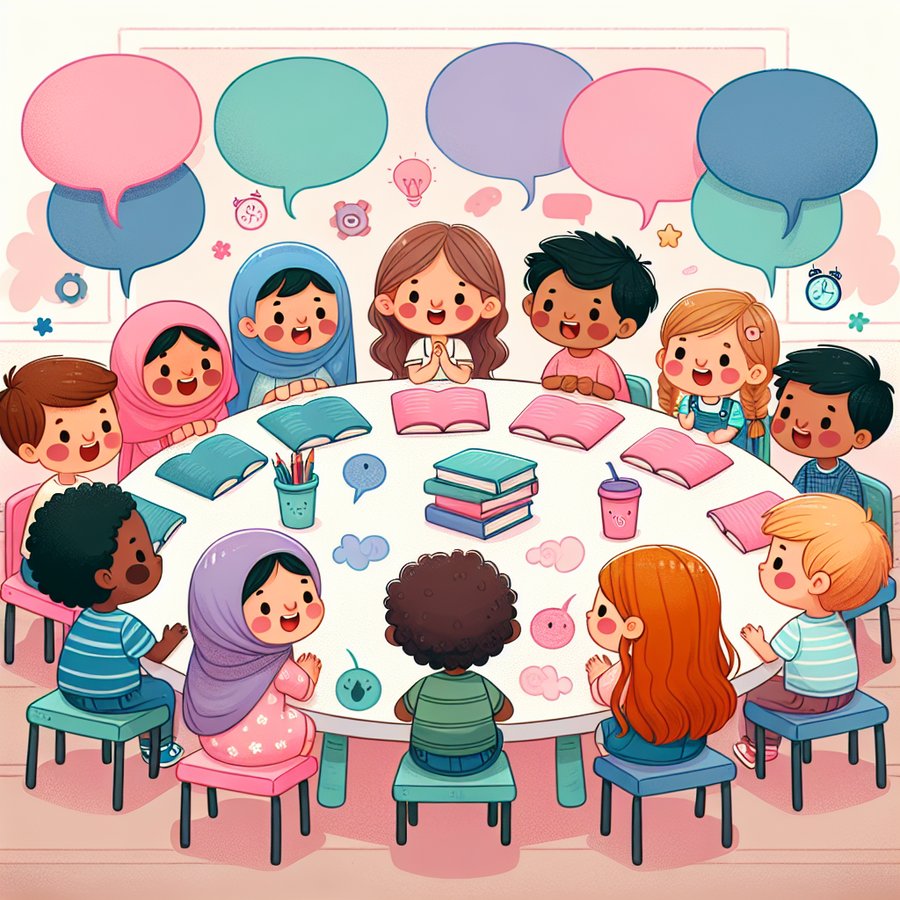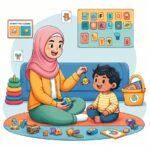Welcome to the captivating world of expressive language, an essential aspect of your baby’s development that allows them to communicate their thoughts, needs, and emotions. Understanding and nurturing this ability from an early stage can significantly impact their overall communication skills and emotional health.
What is Expressive Language in Babies?
Expressive language is the ability to convey messages or express thoughts to others through sounds, gestures, and, eventually, words and sentences. Unlike receptive language, which involves understanding what is being said to them, expressive language focuses on the production of language. Babies begin this journey with coos and babbles, gradually advancing to words and complex sentences as they grow.
Research indicates that early expressive language development lays the foundation for future communication skills and academic success. Therefore, recognizing and encouraging these early stages can play a pivotal role in your child’s language acquisition journey.
Signs Your Baby is Developing Expressive Language Skills
The journey of expressive language development is filled with exciting milestones. Initially, your baby will communicate through smiles, cries, and coos. Around the six-month mark, you may notice an increase in babbling, which includes a mix of consonants and vowels, signaling the beginnings of expressive language. These sounds become more varied and complex as they mimic the tone and rhythm of adult speech.
As your baby approaches their first birthday, you’ll likely hear their first words. These words are often simple and directly related to their daily life, such as “mama,” “dada,” or “bottle.” It’s a thrilling moment when your baby uses words intentionally to get your attention or express a need.
How to Support Your Baby’s Expressive Language Development
Encouraging your baby’s expressive language development is both a joyful and straightforward process. Engaging in daily conversations, reading together, and playing games that involve naming objects can significantly enhance their language skills.
Furthermore, responding to your baby’s attempts at communication reinforces their efforts and motivates them to continue exploring language. Celebrating their achievements, no matter how small, builds their confidence and fosters an environment rich in learning and development.
Common Concerns in Expressive Language Development
While every child’s development is unique, there are common concerns that parents may encounter. Delayed expressive language, for example, can cause worry. It’s important to note that a broad range of normal exists, and children develop at their own pace. However, if you have concerns, seeking advice from a healthcare professional can provide guidance and reassurance.
Conditions such as autism spectrum disorder, hearing impairments, and speech delays can affect expressive language development. Early intervention is crucial in these cases, as it can greatly improve outcomes for your child.
To learn more about expressive language development and how to support your baby, visit our comprehensive guide.













